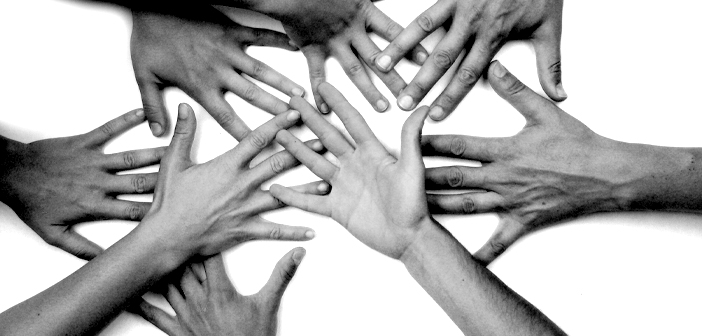Philanthropy is not the act of a rich person helping a poor one, but a private initiative for public good, for the dignity, liberty and happiness of individuals at large. It supports institutions essential to human growth and upward mobility like schools at any level, museums, high art, religion … all to enrich the human spirit.
An act of philanthropy need not have money involved: the volunteers picking up litter from the roadside or helping to complete a Habitat for Humanity project, or reading a book to a preschool child, are all philanthropists. It is not a rare event done only by a few.
The dictionary definition of philanthropy does not treat money as a central issue, but love of humanity; or, in an expanded version, an activity to promote human welfare, an effort to increase the wellbeing of humankind as by charitable aid or donation.
The United States was not only created by philanthropy, but also for philanthropy. The Preamble to the Constitution reads … “in order to form a more perfect union, establish justice, insure domestic tranquility, promote general welfare, and secure blessings of liberty…” Such is the way we came to be, in an all-encompassing philanthropic concept – no mention of wealth, or special interest or preferred groups, and no mention of fighting as a road to happiness or progress. And so, as we witness, the grand experiment continues, becoming ever larger and more complex, attracting other dreamers from the world over, but yet at the core retaining its original simplicity and reverence.
The Founders, in the early 18th century, with one foot in the classic antiquity and another in the Enlightenment, put their ideas in the base of the American thought, purpose and endeavor. Ben Franklin, spending his whole life with an eye in service to humanity, explained our revolution to the French as a fight for the dignity and happiness of human nature. Later, Abe Lincoln, in his presentation of a renewed America, spoke of “a new nation, conceived in liberty, and dedicated to the proposition that all men are created equal.” There was no mention of money or class distinction.
In the Greater Flint community, we enjoy a tradition of doing all that each of us can to support the universal good, some at the top as leaders, and many in the crowds as assistants. This is not just the birthplace of the family of Mott Foundations with their essential influence on all that is good everywhere for nearly a century, but is also the home of many smaller entities whose principals work hard to see which good to support, and more yet, Flint is home to countless single individuals who volunteer from little offices or tiny homes … you get the picture. On the herculean shoulders of these philanthropists, named and nameless, have stood our hospitals, universities, colleges, museums, high art, soup kitchens, all for service to anyone. These public institutions could not have survived the downturns we have met time and again without philanthropy. The City of Flint should be proud of its people and history.
On the monetary scene, when much of the public wealth is removed by excessive taxation, philanthropy suffers along with the liberties, choices and powers of a citizen. Hidden in this loss is the experience that a person needs in order to practice and promote a culture of philanthropy – never an easy task. ♦











